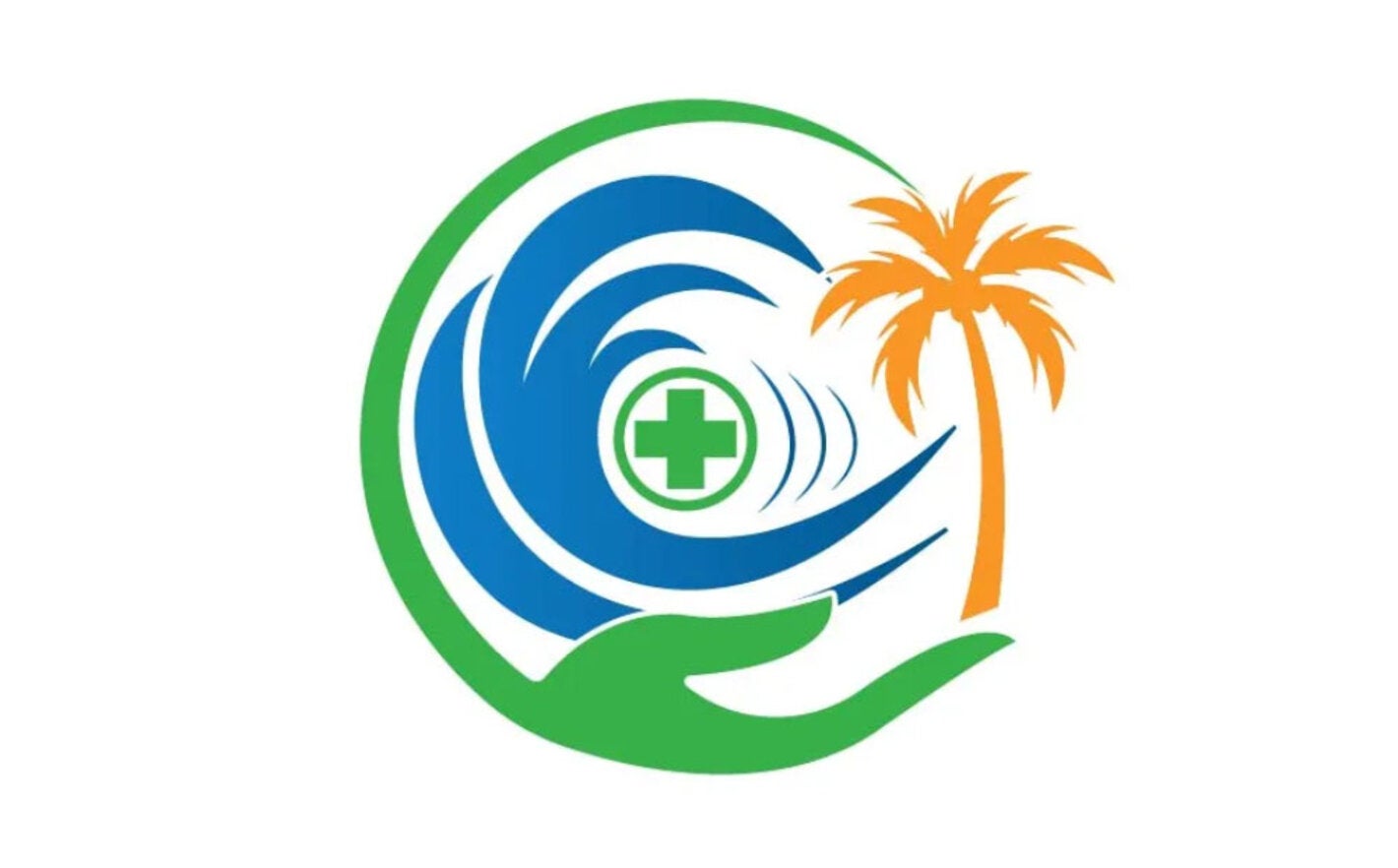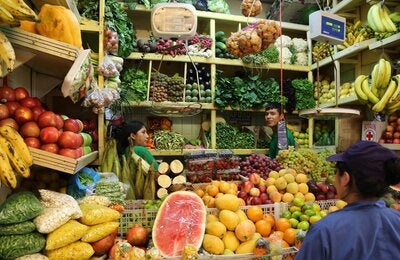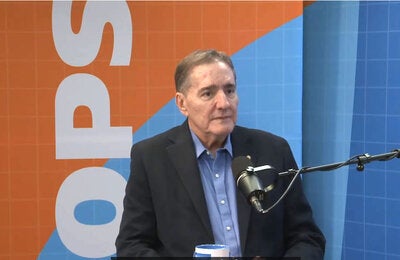
Bridgetown, Barbados, 11 October, 2021 (PAHO/WHO) -- Over 25 Caribbean and international partners from across the globe came together from October 12-15 to address the public health challenges of climate change at the virtual Conference on Climate Change and Health in Small Island Developing States: Focus on the Caribbean. After over 50 thematic sessions, there was agreement that Caribbean people must urgently acknowledge climate change as a present concern, asses its effects, and tackle it actively.
As noted in the powerful opening remarks of Professor Michael Taylor of the University of the West Indies, Mona Campus, this region must acknowledge that we are already experiencing hotter, drier weather overall, more severe storms, flooding, and rising sea levels and recognize that we will face even hotter and drier times, and higher sea levels that will erode our beaches and negatively impact tourism. Furthermore, these changes will have profound social, economic, environmental, and health implications for a region where most people live in low-lying coastal areas or on steep slopes.
Sessions included discussions on food and water insecurity, extreme heat and health, informing and empowering youth, air quality, the greening of cities, the role of multi-sectoral cooperation, engaging youth, as well as the community, public private partnerships, creating a climate-educated health workforce, strengthening research capacity and communicating climate change and health.
Speaking at the closing ceremony under the theme, “Looking Ahead, Moving Forward and Building a Brighter Future”, PAHO/WHO Subregional Program Director for the Caribbean, Mr Dean Chambliss, noted that one of the immediate successes of this conference was the wide array of perspectives presented from public and private sectors, the inclusion of civil society and the indigenous community, to name just a few.
“The health and non-health sectors present this week have a shared responsibility for prevention and preparedness. The health sector has a critical role in addressing climate change and health through promoting sound adaptation and mitigation tools. In the words of Dr Michael Taylor: ‘the health sector needs more mitigation champions in the Caribbean as the co-benefits to people’s health bring extraordinary value’. Indeed, the multisectoral approach in this conference has effectively demonstrated the interconnected nature of health, environment, climate change, and economic prosperity,” he said.
Mr Chambliss highlighted that this conference represents a crucial step towards the 2030 vision of Caribbean health systems that are resilient to climate variability and change. He pledged that PAHO will continue to support Caribbean countries in their United Nations Climate Change Conference (COP26) commitments to develop climate resilient and sustainable low carbon health systems.
In closing the conference, Founder of the EarthMedic and EarthNurse Foundation for Planetary Health, Dr James Hospedales, noted that the organisation’s top priority is to mobilise health professionals worldwide to tackle the effects of climate change. He described the conference as a “feast of information” and outlined the next steps as including advocacy, increased dissemination of information, the professional development of Health Care Professionals in climate and health education, health diplomacy, negotiation and partnership skills, and increased collaboration with non-health sectors.
Other speakers at the closing, included Dr Robert Dubrow, Professor of Epidemiology, Department of Environmental Health Sciences, and Faculty Director, Yale Center on Climate Change and Health, Yale School of Public Health, who spoke of the need to honour those who die and suffer from the impacts of climate change; Therese Turner-Jones, General Manager, Country Department Caribbean Group (CCB), Inter-American Development Bank; Professor Rose-Marie Belle Antoine, Pro Vice-Chancellor - Graduate Studies and Research, The University of the West Indies; and The Right Honorable Patricia Scotland QC, Commonwealth Secretary-General.
Over the past 20 years, PAHO has played a significant role in addressing the health implications of climate change in the Caribbean. More recently, the development of the Caribbean Action Plan on Health and Climate Change, as well as the EU CARIFORUM Climate Change and Health Project and an upcoming project with the Green Climate Fund, are aligned with many of the recommendations generated at this week’s Conference.
Just over 1200 people registered for the conference.



